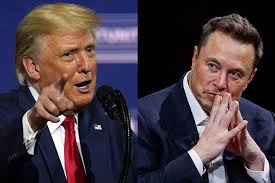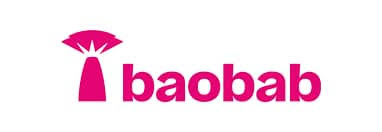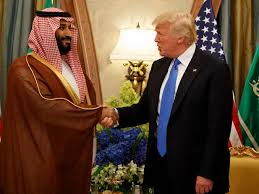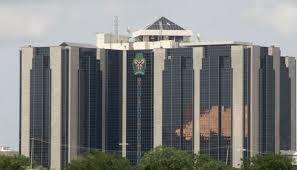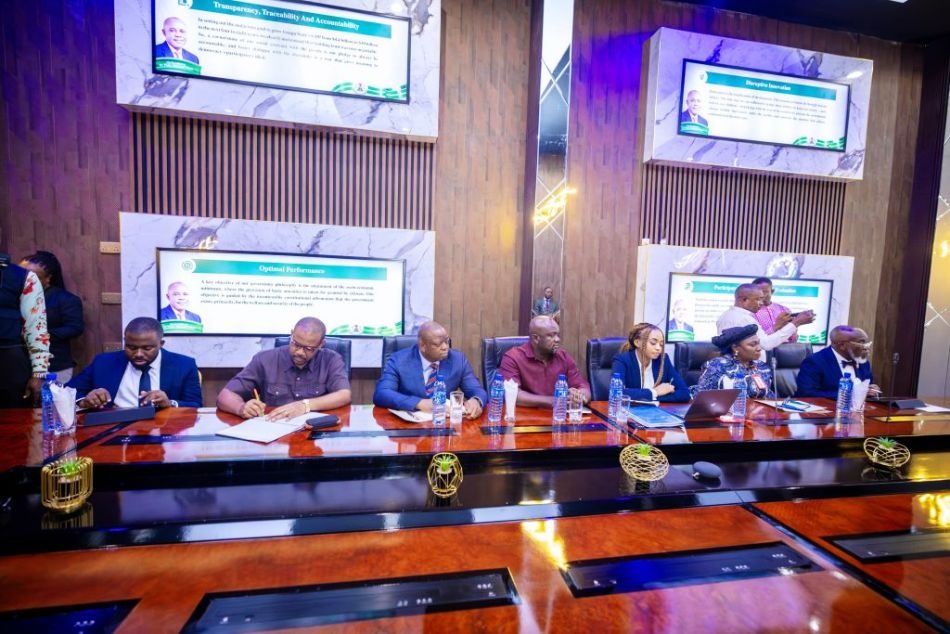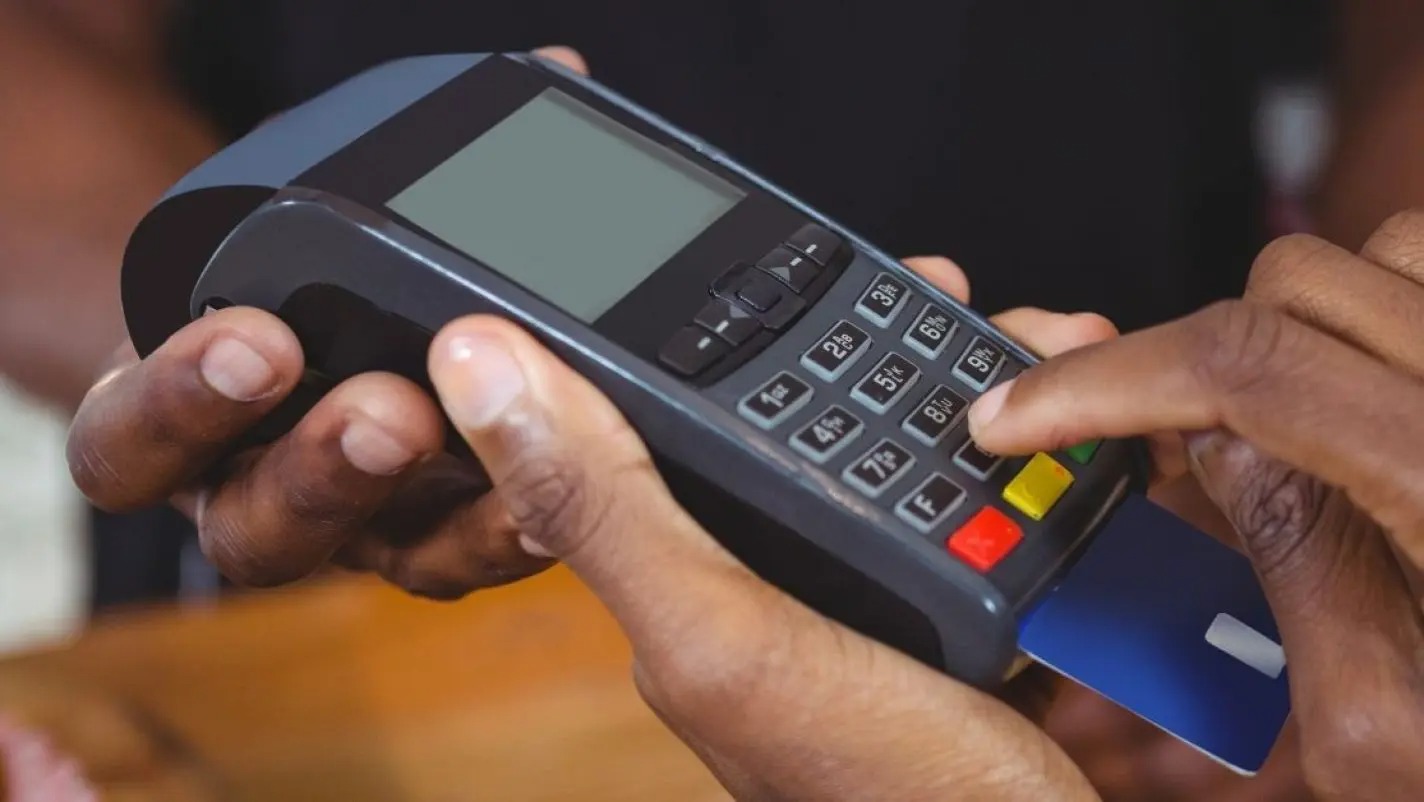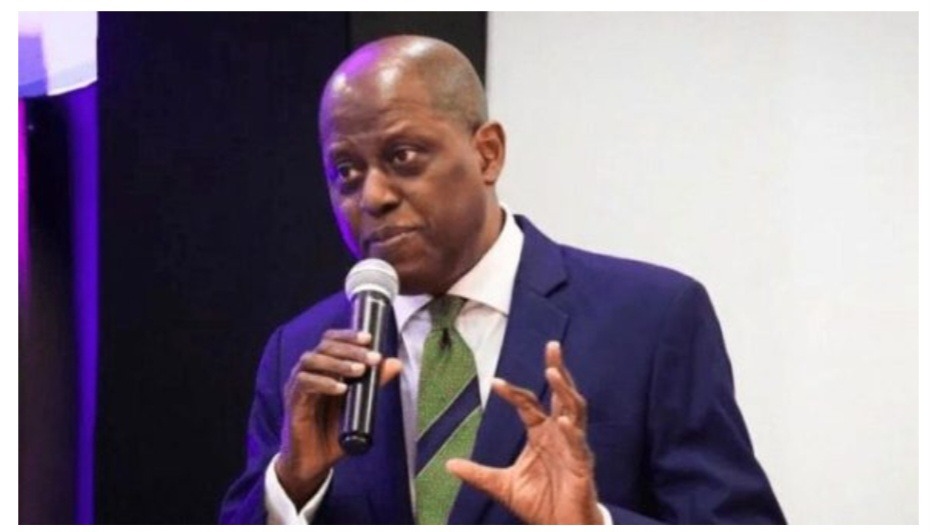Saudi Crown Prince Mohammed bin Salman promised on Thursday to pile $600 billion into US trade and investments as he congratulated Donald Trump on his return to the White House.
Prince Mohammed, de facto leader of the world’s biggest oil exporter, made the pledge in a phone call following Trump’s inauguration on Monday, state media said.
Trump forged close relations with Riyadh in his first term and is now expected to push Saudi Arabia, home of Islam’s holiest sites, towards normalising ties with Israel as a major foreign policy objective.
“The crown prince affirmed the kingdom’s intention to broaden its investments and trade with the United States over the next four years, in the amount of $600 billion, and potentially beyond that,” the Saudi Press Agency reported.
It did not give details of the source of the funds, which represent more than half of Saudi GDP, or how they are expected to be used.
Prince Mohammed, 39, also passed on congratulations from his father, King Salman, during the call with Trump.
Trump’s first visit as president in 2017 was to Saudi Arabia, and this week he joked that a major financial commitment could persuade him to do the same again.
“I did it with Saudi Arabia last time because they agreed to buy $450 billion worth of our product,” he said.
Trump quipped he would repeat the visit “if Saudi Arabia wanted to buy another 450 or 500 (billion dollars) — we’ll up it for all the inflation”.
During Trump’s first term, the United Arab Emirates, Bahrain and Morocco broke with longstanding Arab policy to recognise Israel under the Abraham Accords.
The new Trump administration is expected to try to repeat the process with Saudi Arabia, following similar efforts under president Joe Biden.
– Iran threats –
Saudi Arabia broke off talks with US officials about ties with Israel early in the Gaza war, and has repeatedly insisted it will not recognise Israel without the existence of a Palestinian state.
However, a long-awaited ceasefire in Gaza and a possible easing in regional tensions could pave the way for a resumption of dialogue.
In exchange for recognising Israel, the Arab world’s richest country hopes to secure a US defence pact and Washington’s help with a civil nuclear programme.
In his own call with the crown prince on Thursday, new US Secretary of State Marco Rubio discussed Syria, Lebanon, Gaza and “the threats posed by Iran and its proxies”, according to a statement.
“They also discussed the benefits of the US-Saudi economic partnership and the opportunities to grow their economies in a variety of fields including AI,” a spokesperson for Rubio said.
Trump actively courted Saudi Arabia, long an important energy and security partner for Washington, during his first term.
When he arrived in Riyadh in 2017, he was treated to an elaborate welcome involving a sword dance and a fly-past of air force jets.
Relations later cooled with Prince Mohammed faulting Trump for failing to respond more aggressively after a 2019 attack widely blamed on Iran halved the Gulf kingdom’s crude output.
Relations later cooled with Prince Mohammed faulting Trump for failing to respond more aggressively after a 2019 attack widely blamed on Iran halved the Gulf kingdom’s crude output.
Riyadh and Trump’s team nevertheless sought to boost ties after his departure from the White House, in particular through investments and construction deals for his privately owned conglomerate the Trump Organization.
Trump’s son-in-law, Jared Kushner, has defended receiving a Saudi investment in his private equity firm that reports put at $2 billion.
AFP
